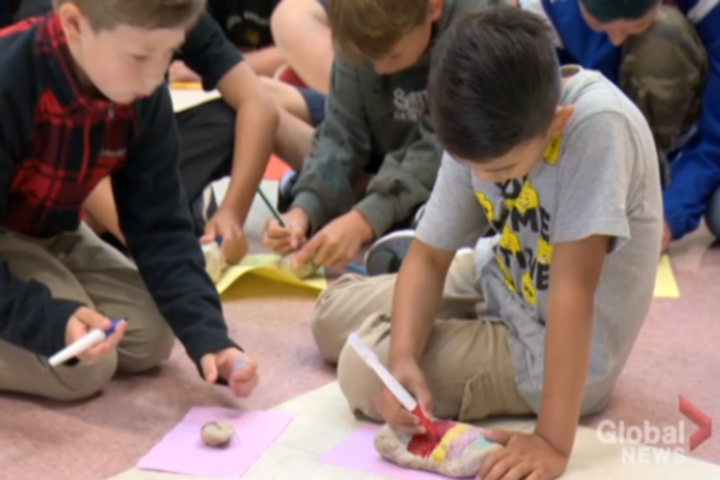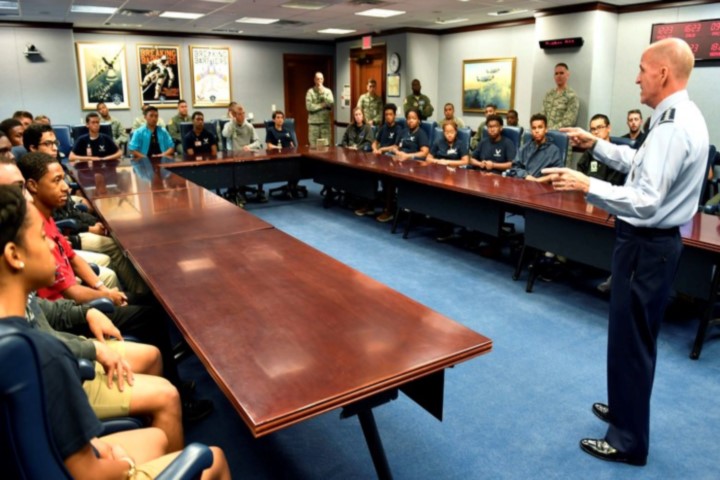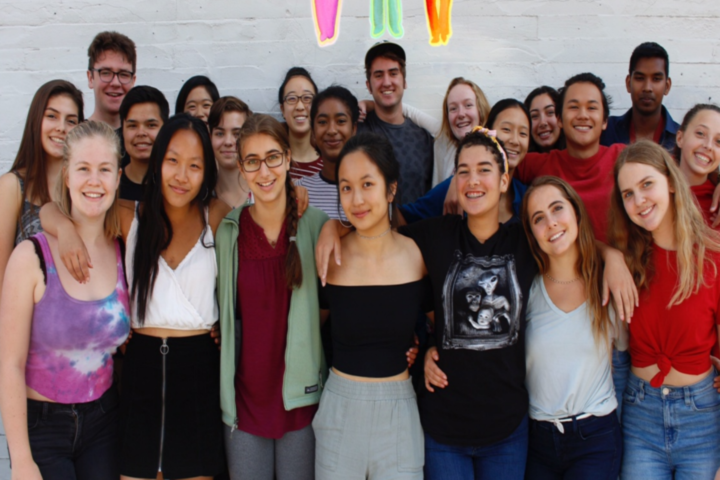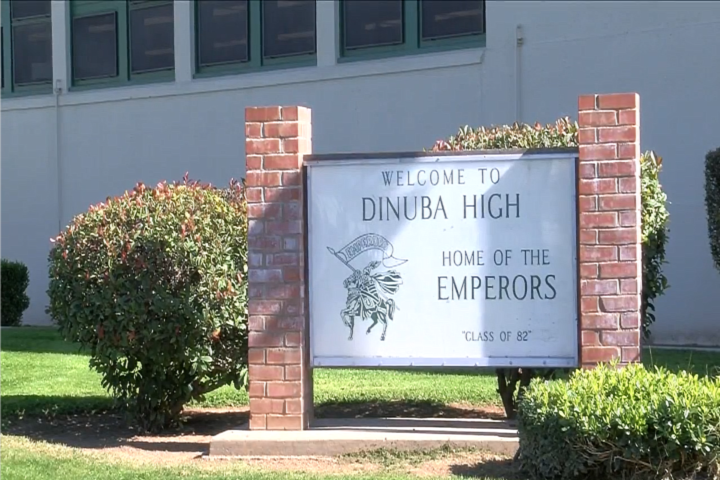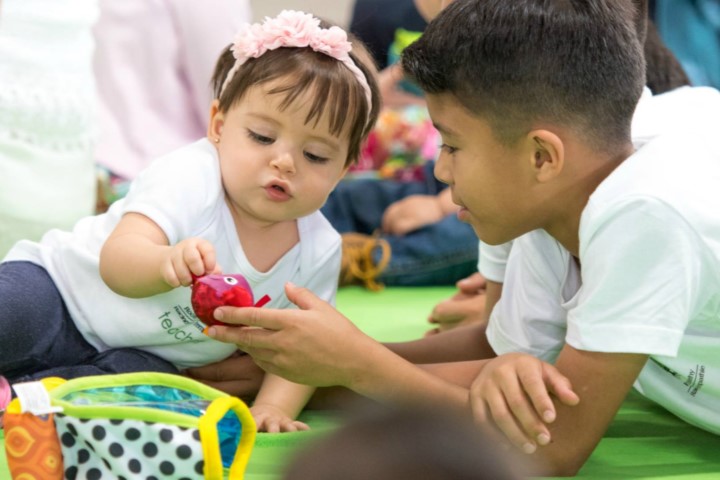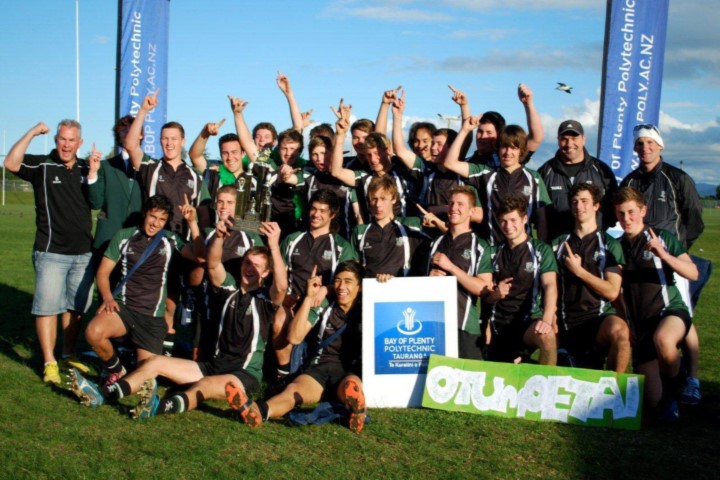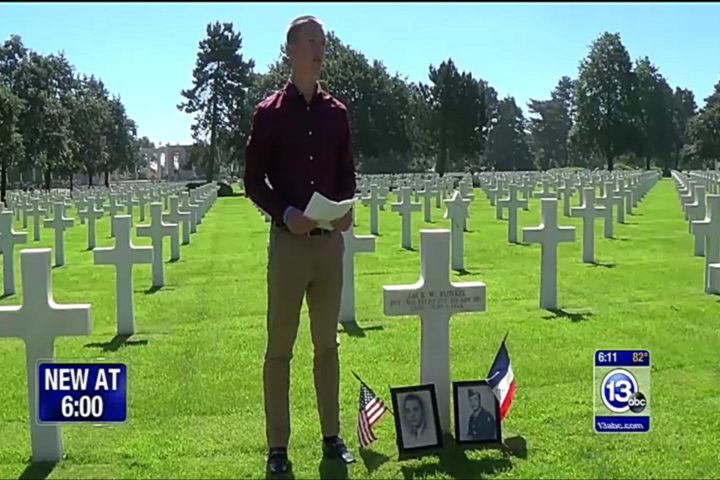South Shore Elementary School Principal Nicole Young wanted to set the tone for the new school year, so she crafted a schoolwide project to spread love and hope throughout the community.
The Regina Beach, Saskatchewan students were asked to bring a rock to school for the first day of class, then encouraged to decorate them with kind words, and encouragement. Afterwards, students stashed their creations under trees and along benches, on guardrails and in playgrounds throughout the community in hopes of inspiring others with kindness, Global News reports.
“We just thought we would start off the year with a kindness initiative,” Young said. “It’s nice to make it something simple that the kids can do – kindergarten to grade eight, they can be kind and it’s easy.”
The idea came from a local mother of two, Geneva Haukeness, who combined her love of art with her growing rock collection to start Regina Beach Rocks, a project on Facebook designed to offer something for those who both create and find the special stones.
“I would just draw on rocks and it helps to (relieve) stress from this chaotic life (and) it just helps me to relax and get away,” Haukeness said. “If you find a rock you can keep it, you can post to on the Facebook page, (or) you can re-hide it for someone else to find.
“If it makes you smile, that’s all I want,” she said.
South Shore students were beaming as they discussed their artwork with Global News.
“I chose golfing because I love golfing, and it just makes me happy,” one student said of his rock’s theme. “I also feel kind, and feel like spreading that kindness.”
“It makes up happy,” his classmate added.
The intentional focus on instilling kindness in students comports with research from the Institute for Advanced Studies in Culture that shows parents want their children to be good people.
“The overwhelming majority of American parents (96 percent) say ‘strong moral character’ is very important, if not essential to their child’s future,” according to the Institute’s “Culture of American Families” report.
The kindness rocks in Regina Beach are part of a broader movement to inspire and encourage through painted rocks and stones that was started by Cape Cod, Massachusetts empowerment coach Megan Murphy.
Murphy’s The Kindness Rocks Project offers an educational curriculum that includes a Skype session with the founder, as well as a video explaining how it all got started.
“We believe that the earlier that you begin building understanding, empathy and kindness in children the sooner the world will have understanding, empathetic, and kinder human beings that care for one another. This educational module can help build the foundation of early social-emotional learning for children,” according to the website.
“You will find the curriculum module, additional resources and family sheets to assist you in implementing the activities. Included in the curriculum packet are a list of vocabulary words, suggested books, photos to use as prompts, links to videos to reinforce the curriculum, additional resource links, and family engagement activity sheets.”
